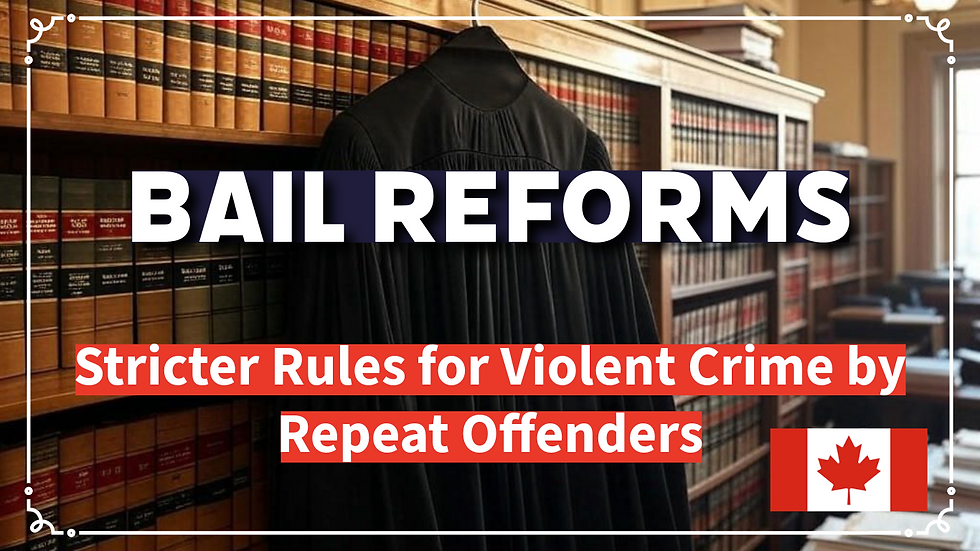Supreme Court Rules Election Manifesto Promises Not Corrupt Practices
- M.R Mishra

- May 29, 2024
- 2 min read
The Supreme Court has ruled that promises made by political parties in their election manifestos do not constitute "corrupt practice" under election laws.

Justices Surya Kant and K V Viswanathan made this observation while rejecting a plea from a voter in the Chamrajpet Assembly Constituency, who challenged the election of a Congress candidate.
The plea claimed that the Congress's commitments in its 2023 Karnataka assembly election manifesto amounted to direct and indirect financial assistance to the
public, which should be considered corrupt electoral practice.
The bench stated,
"The argument that a political party's manifesto commitments, which provide direct or indirect financial help to the public, constitute corrupt practice by the party's candidate is overly speculative and cannot be accepted."
They further noted that it was unnecessary to delve deeply into this issue given the specifics of the case. Consequently, the appeals were dismissed.
Shashanka J Sreedhara, a voter from the Chamrajpet Assembly constituency, had filed an election petition against the winning candidate B Z Zameer Ahmed Khan, arguing that the Congress's five guarantees in their manifesto amounted to corrupt practice.
The Karnataka High Court previously ruled that a party's policy announcements in their manifesto do not qualify as corrupt behavior under Section 123 of the Representation of Peoples Act.
The court stated,
"The five guarantees by the Indian National Congress should be viewed as social welfare policies. Their financial viability is a separate issue. It is up to other parties to demonstrate how implementing these schemes could bankrupt the State Treasury and lead to misgovernance. While they may be seen as flawed policies under certain circumstances, they do not constitute corrupt practices."
Refrence: Supreme Court Judgements, India Today






Comments